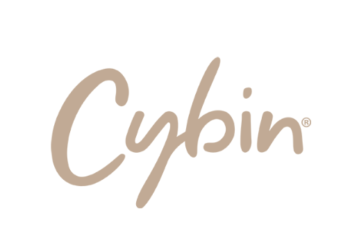Boston Pharmaceuticals’ next-generation, long-acting FGF21 analog, efimosfermin alfa (BOS-580), has demonstrated positive results in a Phase 2 trial for metabolic dysfunction-associated steatohepatitis (MASH), formerly known as NASH. This achievement sets the stage for the company to advance this ex-Novartis candidate into pivotal trials in 2025, potentially disrupting the burgeoning NASH market.
Efimosfermin alfa is a differentiated FGF21 analog engineered for extended half-life, enabling monthly dosing.
This contrasts with the weekly administration required for competing FGF21 therapies like Akero Therapeutics’ efruxifermin and 89bio’s pegozafermin. In the Phase 2 trial, patients with stage F2/F3 fibrosis received monthly efimosfermin alfa. The trial achieved statistically significant results, with 45.2% of patients receiving 300mg of efimosfermin alfa demonstrating at least a one-stage improvement in fibrosis without NASH worsening at 24 weeks, compared to 20.6% in the placebo arm. These data compare favorably to the results observed for weekly FGF21 analogs in similar trials.
Beyond fibrosis improvement, efimosfermin alfa also demonstrated promising results for another key regulatory endpoint: MASH resolution without fibrosis worsening. An impressive 67.7% of patients in the treatment arm achieved this endpoint, compared to 29.4% in the placebo group, further strengthening the drug candidate’s profile.
Importantly, efimosfermin alfa exhibited a low discontinuation rate due to adverse events, with low incidences of gastrointestinal side effects and injection site reactions. These findings contribute to the therapy’s overall positive risk-benefit profile.
With Phase 2 data in hand, Boston Pharmaceuticals is poised to initiate late-stage development in 2025. The efimosfermin alfa program is central to the company’s strategic focus, potentially driving significant growth and market leadership in the rapidly evolving NASH therapeutic space. This progress follows the recent FDA approval of Madrigal Pharmaceuticals’ Rezdiffra, marking a significant inflection point for the NASH market and underscoring the substantial unmet medical need. While the NASH market is heating up, with promising contenders like efruxifermin and pegozafermin, efimosfermin alfa’s monthly dosing regimen offers a potentially significant advantage in terms of patient convenience and adherence. Furthermore, the emergence of GLP-1 receptor agonists, like those being developed by Novo Nordisk and Eli Lilly, adds another dimension to the evolving competitive landscape. These therapies, originally developed for obesity and diabetes, are now being investigated for their potential in NASH, further expanding the treatment options for patients.
This competitive landscape positions efimosfermin alfa’s monthly dosing regimen as a potentially key differentiator for patients and clinics.












